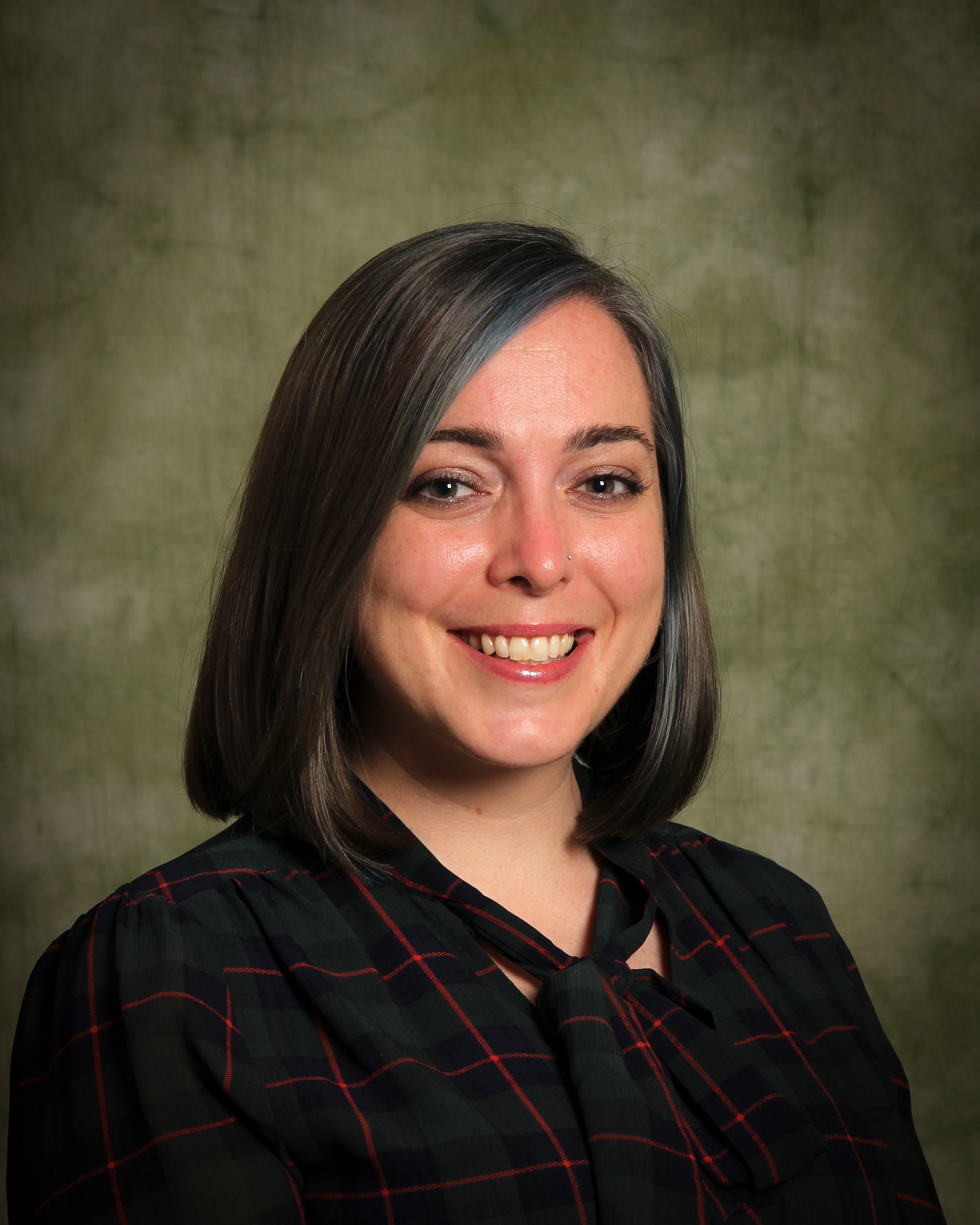Jacqueline McGinley | Source | Assistant Professor, College of Community and Public Affairs, Social Work at ...

Jacqueline McGinley
Jackie McGinley is a licensed social worker and Assistant Professor in the Department of Social Work. She earned her MSW (2007) from the Rutgers University, School of Social Work and her PhD (2018) from the University at Buffalo, School of Social Work. She also completed a year-long fellowship with the University of Rochester, receiving advanced research and clinical training from the Leadership Education in Neurodevelopmental Disabilities (LEND) program. Prior to joining the Binghamton University faculty, she had four years of experience as a social work educator having taught at both the undergraduate and graduate levels, online and in seated courses, and across topic areas. Her current program of research grew out of over 20 years of experience in the field of disability. During this time, she was privileged to support seriously ill clients during some of their most vulnerable moments, witnessing the emergence of a new and urgent issue: aging and end-of-life care for people with intellectual and developmental disabilities (IDD). She pairs these profound practice experiences with her acumen as a qualitative researcher to pursue an impactful and dynamic research agenda. Her mission as a social work scholar is to lead translational research that improves care for people with disabilities as they age, experience serious illness, and reach life’s end.
-

Binghamton University, State University of New York
Assistant Professor, College of Community and Public Affairs, Social Work
-
People often tell me during these conversations that we do not talk about dying enough.This is especially true when we are talking about people with intellectual and developmental disabilities. There are many reasons why this might be, and not least among them are misperceptions about what people can understand, lack of training and support for having these conversations, and concerns about how these conversations might be used or misused when making important end-of-life decisions (Lord et al., 2017). I also suspect that many people are scared, because thinking about the people we love dying or our own deaths can be distressing.
